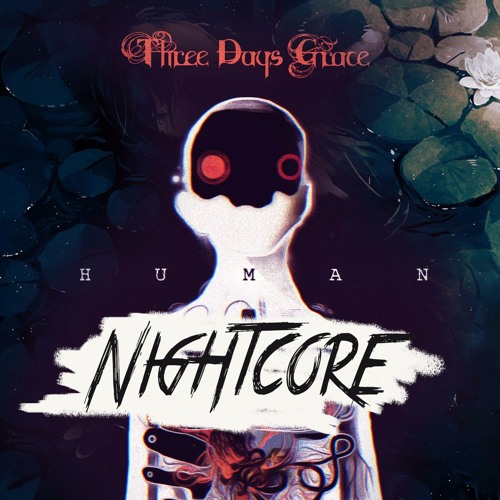

The name Nightcore means "we are the core of the night, so you'll dance all night long", stated in its website named " Nightcore is Hardcore". Nilsen and Steffen Ojala Søderholm, known by their stage names DJ TNT and DJ SOS respectively. The term nightcore was first used in 2001 as the name for a school project by Norwegian DJ duo Thomas S. They either started releasing three versions (normal, sped-up, and slowed) of a track at the same time (for instance, that happened to Steve Lacy's " Bad Habit") or started curating popular Spotify playlists for sped-up versions of hit singles released specifically on their label (so did Warner Music Group ). In turn, major recording labels saw sped-up versions of popular songs as a relatively cheap opportunity to popularize older songs. According to one author, this was due to fast-paced nature of TikTok which encourages shorted attention spans. Nightcore is also commonly associated and accompanied with anime, and otaku culture with many YouTube thumbnails of nightcore remixes containing anime characters and art.ĭuring the early 2020s nightcore, under the name "sped-up", became substantially popular thanks to TikTok, where many sped-up versions of older songs were watched millions of times. The name is derived from the Norwegian musical duo "Nightcore", who released pitch-shifted versions of trance and eurodance songs.

This 35% increase in RPM causes the note C 4 to become slightly lower in pitch than the note F# 4 (261.63 Hz becomes 353.19 Hz) which is an increase of approximately 5 and a half semitones. This gives an effect almost identical to playing a 33⅓-RPM vinyl record at 45 RPM.

A nightcore (also known descriptively as sped-up song, sped-up version, sped-up remix, or, simply, sped-up ) edit is a version of a music track that increases the pitch and speeds up its source material by approximately 35%.


 0 kommentar(er)
0 kommentar(er)
